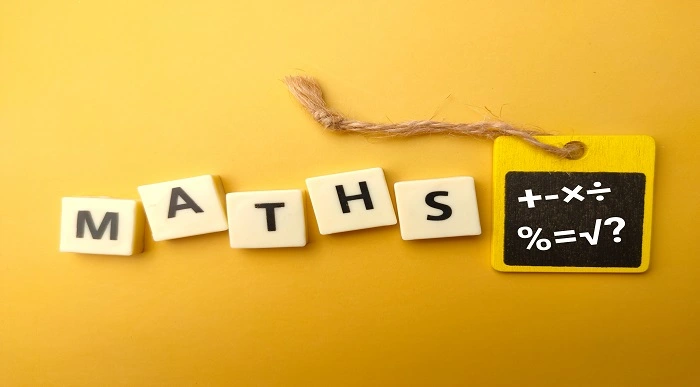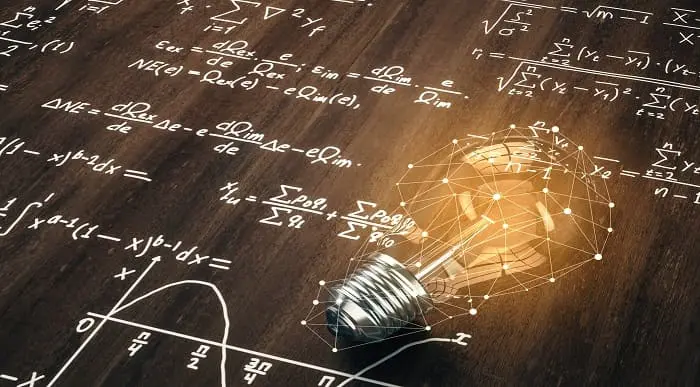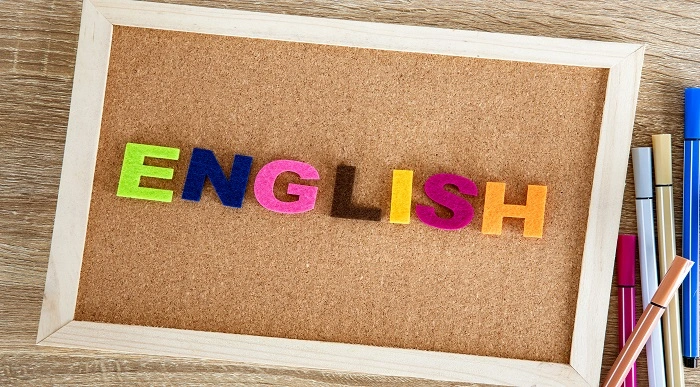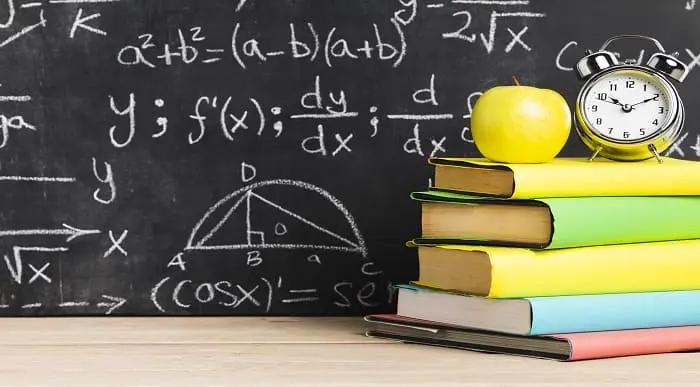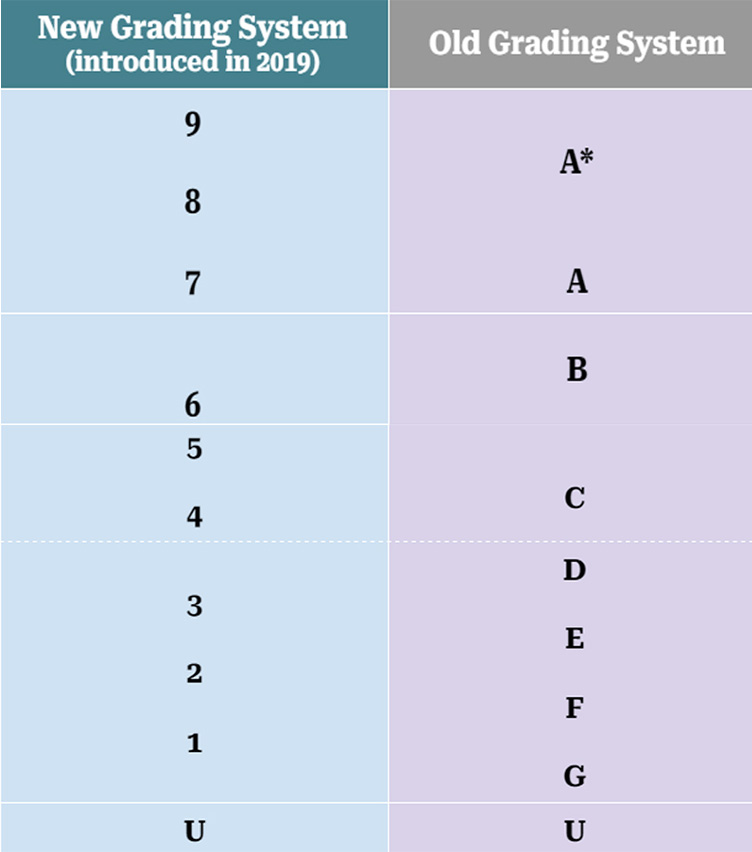GCSE
How To Get Maths GCSE Quickly
Do you find Maths fun or it gives you nightmares? If the latter is true for you just like me, then you would definitely want to complete your GCSE Maths faster.
As GCSE Maths is a compulsory subject, you cannot avoid it. But, what you can do is find the easiest and quickest way to obtain the qualification instead of following a long route.
This blog will guide you to learning about how to get Maths GCSE quickly. You can gain further information about GCSE Maths online courses, GCSE Maths grade boundaries and many more from this blog.
Table of Content
What is GCSE Maths?
Before diving into the details of how to get Maths GCSE quickly, let’s first know about GCSE Maths in brief. GCSE Maths is the study of mathematical methods that involve practical applications. It focuses on improving students’ skills in problem-solving and analytical thinking.
GCSE Maths helps students to build a strong mathematical foundation that they can apply in real-life world for work and further study. The topics that are covered in GCSE Maths are-
- Numbers
- Probability
- Statistics
- Algebra
- Geometry and Measures
- Ratio, proportions, rates of change
The questions of GCSE Maths papers are often set in the context of the real world. The exam consists of three papers in total where one is a non-calculator paper and the other two are calculator papers. There are two different sets of GCSE Maths examination which are-
- The Foundation tier that covers grades 1-5 (former G-C)
- The Higher tier that covers grades 3-9 (former D-A*)
How to get Maths GCSE quickly:
Are you keen to know how to obtain GCSE Maths qualification in the fastest way? Your answer awaits in this part of the blog!
Do it Online:
If you are looking for flexibility and want to avoid the traditional method of taking GCSE Maths, the best option is to get the GCSE Maths qualification online. This would enable you to study and sit for the exam from the comfort of your home.
The online option of GCSE Maths also provides the opportunity to have a one-to-one tutor. This enables you to fully concentrate and gain an in-depth knowledge of the subject more personally.
There are many learning platforms that offer the GCSE maths online course. You just need to find the site that best suits you and your interest.
Choose a Substitute:
Another way to get Maths GCSE quickly is to choose an alternative qualification. The Functional skills Maths level 2 is considered to be the most popular GCSE substitute. Since Functional skills level 2 qualification is Ofqual regulated, it is recognised as an equivalent to a GCSE grade C/Level 4.
You can also opt for Functional skills Maths level 2 if you are resitting Maths GCSE. While it takes around six weeks to receive results of the paper based exam, the Functional skills online exam only takes a few days!
There are other GCSE equivalent tests as well but those are not as widely accepted as the Functional Skills. So, considering the convenience and prompt publication of results, choosing Functional skills as the substitute is by far the best option.
The Traditional Method of GCSE Maths Exam:
The traditional way of taking GCSE Maths can be daunting; the whole process is lengthy and most likely the slowest way to obtain the GCSE Maths qualification. If you go for the traditional method, you have to start the GCSE Maths course in either Year 9 or Year 10 and then sit for the exams at the end of Year 11.
Unlike the online GCSE Maths exam, you can take the exam in either November or May/June if you prefer the standard method. You also need to take the test in a registered exam centre and attend the centre on three separate days. There is no option for selecting or changing dates at your convenience, as every student in the country has to sit for the exam at the same date and time.
GCSE Exam Boards UK:
There are three major exam boards in the UK that provide both calculator and non-calculator papers for GCSE Maths. They are AQA, Edexcel, and OCR. All the three exam boards offer a Foundation paper and a Higher paper.
The GCSE exam boards follow strict guidelines from Ofqual (the Office of Qualifications and Examinations Regulation). The board papers consist of the topics covered in the syllabus of GCSE Maths but the format of maths GCSE questions varies from board to board. While some exam boards prefer multiple choice questions, others might prefer to look for full situational responses.
GCSE Maths Grade Boundaries:
The GCSEs in the UK introduced new grading scale 9-1 replacing the letter grades A*-G in the summer of 2017. Now, 9 is considered the highest grade and is awarded to fewer students than the old A*. However, the new GCSE grading system is different from the previous grading scale A*-G. The chart below shows the comparison between the old A*-G and the new 9-1 grading system.
GCSE Maths Online Course:
You can find a number of online platforms that provide the GCSE Maths Grade Boundaries:
The course contents are typically the same as the standard GCSE Maths syllabus. You will gain the same qualification by enjoying the advantage of studying at your own pace. This online course will help you enjoy the benefit of having a tutor avoiding the stress of a classroom setting.
You might get puzzled and end up choosing the wrong site for your GCSE Maths online course. However, we are here to help you! Join Lead Academy that provides both the Foundation and Higher tier GCSE Maths courses where you can enrol anytime and can gain access of high quality E-learning study materials.
Conclusion:
Hopefully, you can now put an end to all your worries regarding GCSE Maths. If you have read the entire blog, you might have figured out your next step to get GCSE maths quickly. Wishing you luck for your GCSE Maths score!
Frequently Asked Questions (FAQs):
How to revise for Maths GCSE?
The best way to revise for the Maths GCSE exam is to practise. You can go through GCSE Maths past papers like OCR GCSE Maths and CCEA GCSE Maths. As a part of GCSE Maths revision, you should attempt a few exam questions from the past papers and then compare your answer with the solutions.
How many marks do I need to pass GCSE maths?
Students need to obtain grade 4 or C for a “standard pass” and grade 5 or B for a “strong pass.”
How many Maths GCSE papers are there?
There are three Maths GCSE papers. One of them is non-calculator paper and the other two are calculator papers.
Can I do GCSE Maths online?
Yes, absolutely! Read the section “How to get Maths GCSE quickly” to know in detail.
What to Read Next:
- GCSE Maths Grade Boundaries for All Boards – [2019 to 2023]
- What is NVQ Level 3 Equivalent to – Qualification and Equivalent Degree
- What are GCSEs? Everything you need to know
- GCSE Exam Centres
- GCSE Maths Formula Sheet – All Formula with Explanation
- AQA GCSE Exam Timetable 2023 & Key Information
- GCSE Grade Boundaries – All Boards 2022-2023



